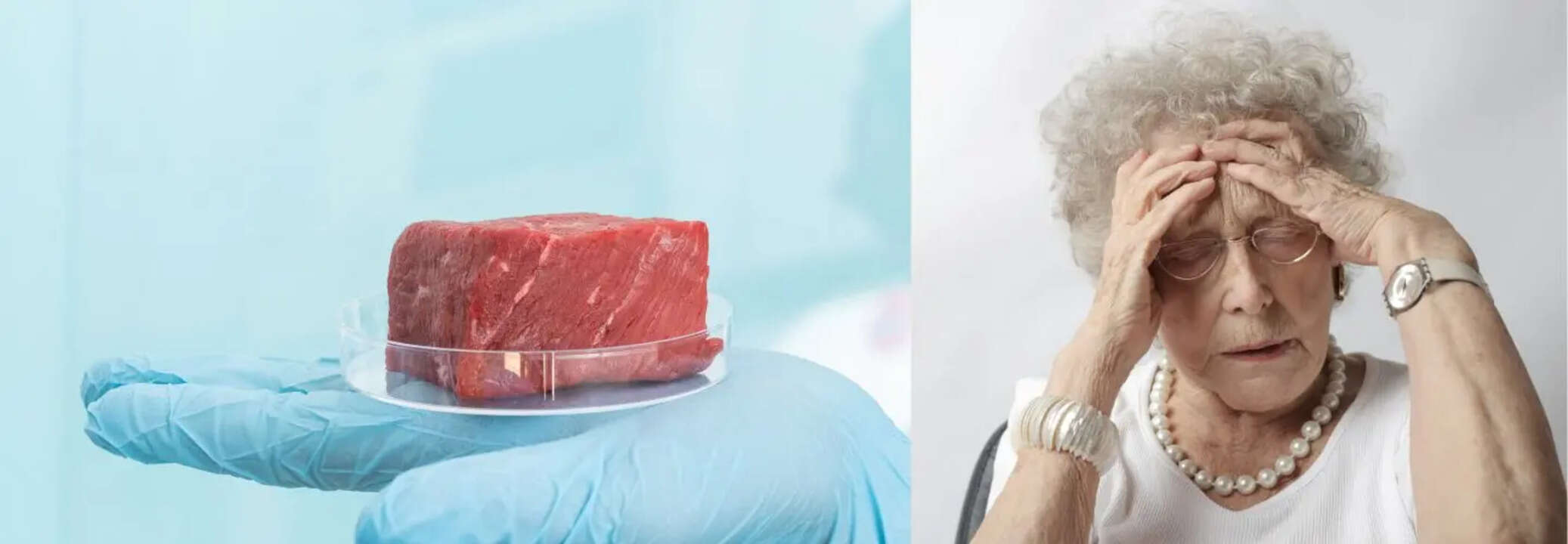Brain Developed in Space Could Help Cure World's Top Killer Disease

Artificial Brain (Credit: Canva)
SummaryScientists have grown tiny human brains in space to research new treatments for various mental health conditions like Alzheimer's, Parkinson's and spinal injuries.
End of Article
